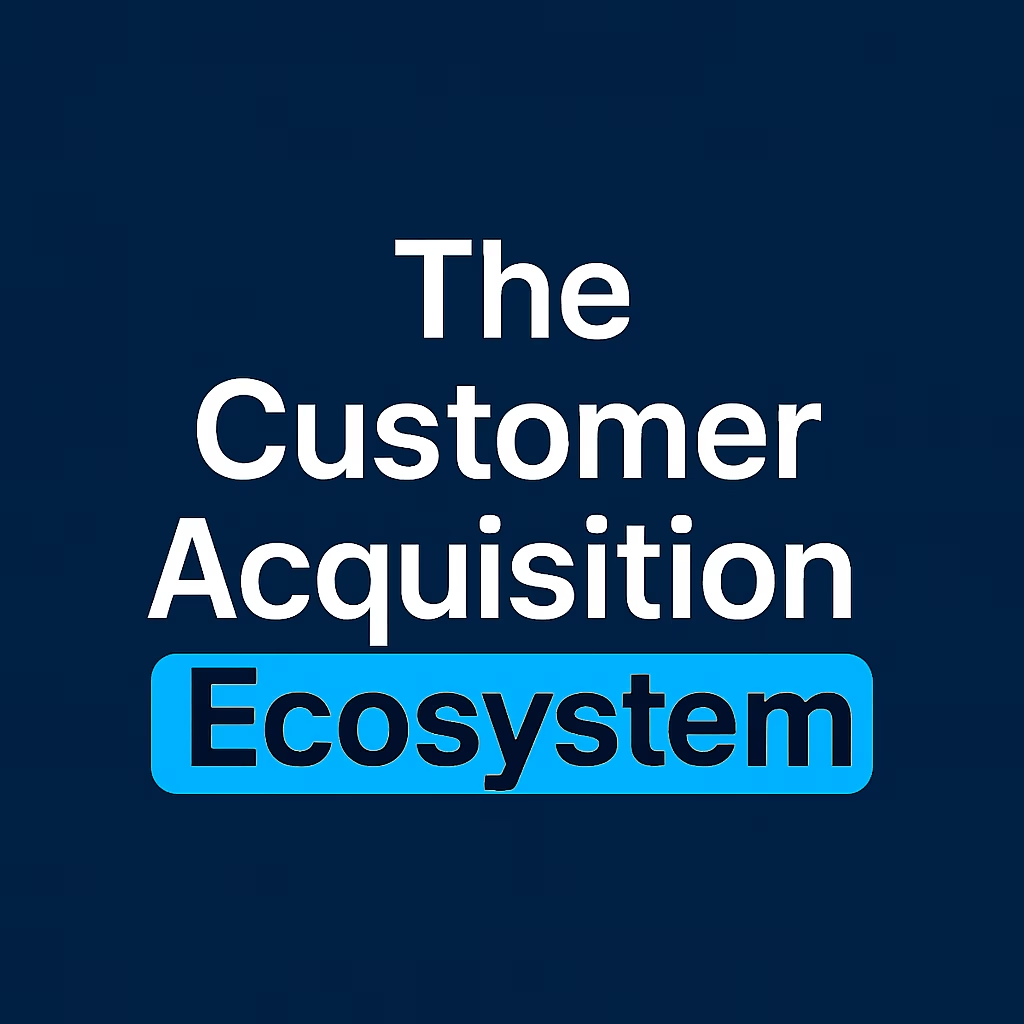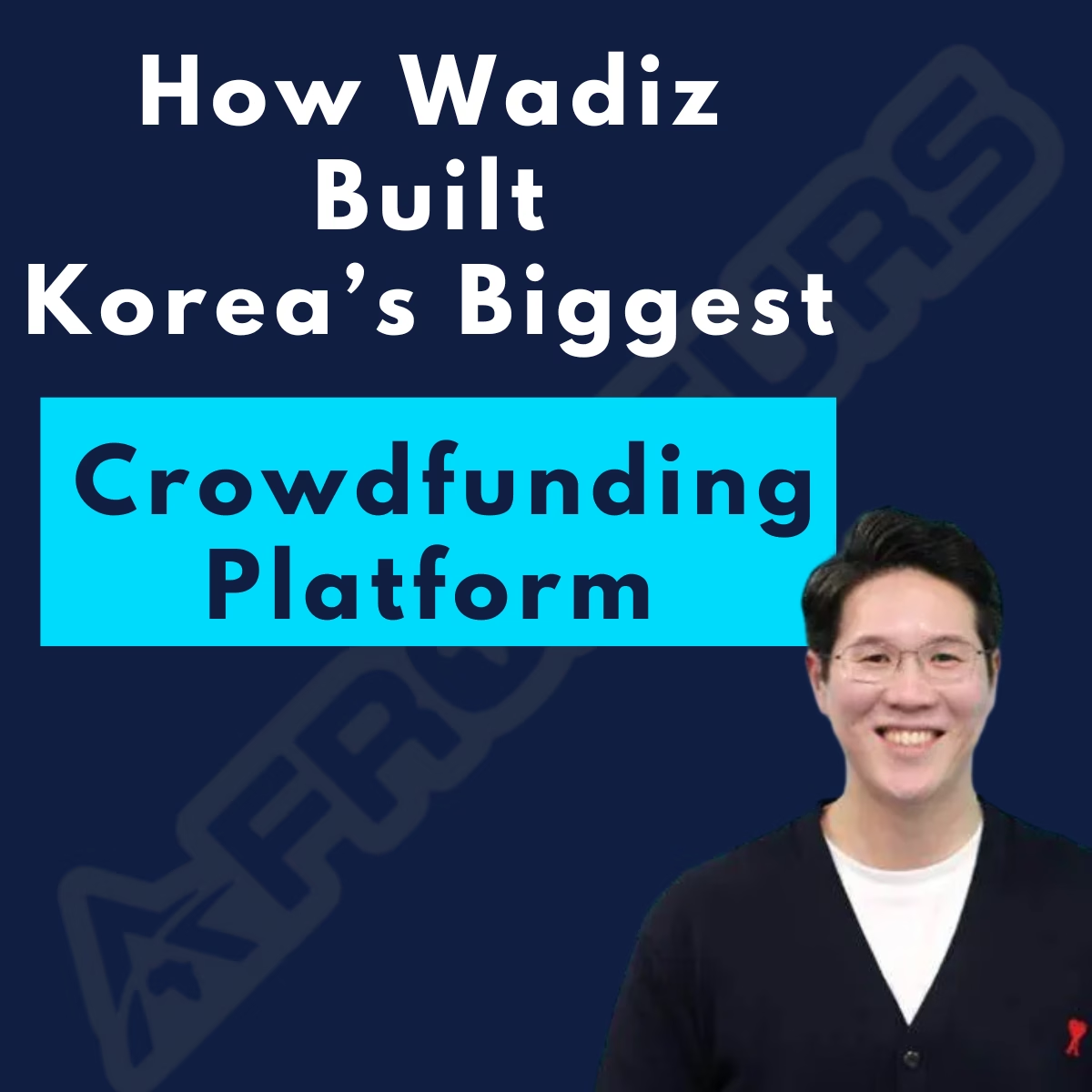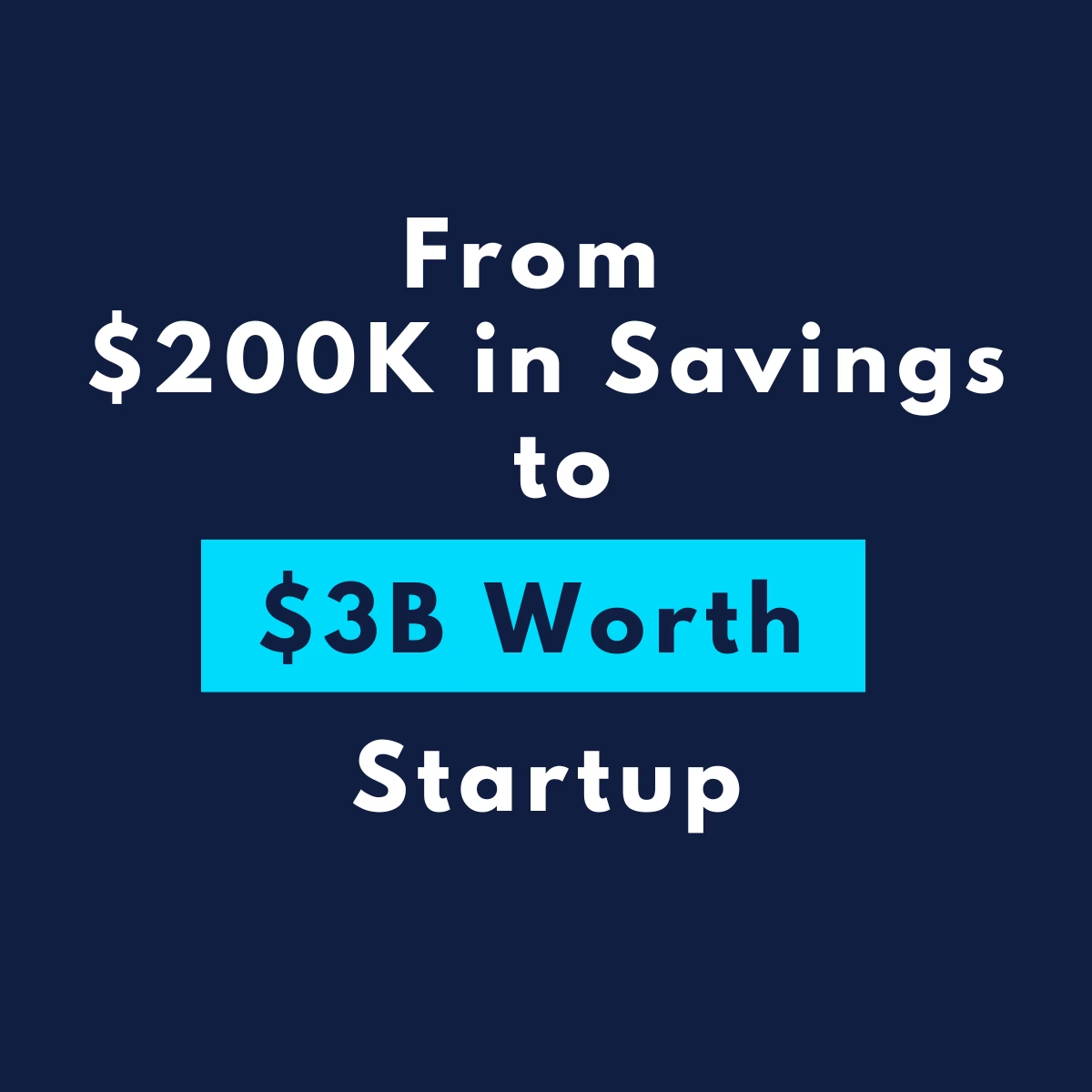Unlock your productivity with Notion! Whether you’re managing projects, creating content, or tracking goals, Notion is the ultimate all-in-one workspace. Here’s the link: Notion
Before Mark became THE MARK ESSIEN and started Hotels.ng, he had already gained entrepreneurial experiences while at university.
While studying in Germany, he taught himself programming, which would change his life forever.
He coded different things until he created Gnumm, a file-sharing app, without realizing he had become a digital pirate, and the app was, let’s say, quite illegal.
This was the era of digital piracy, of which I was a victim aka User (shhh..).
The app gained enough traction to be acquired by Snoopstar.com.
Building on that success, Essien launched another app called Ingolingo, a language-learning platform designed to help users learn new languages.
Although it didn’t achieve massive success, it gave him valuable experience in developing products, managing users, and understanding the challenges of running a business.
These early projects prepared him to tackle bigger problems in Nigeria, where the tech industry was still in its early stages.
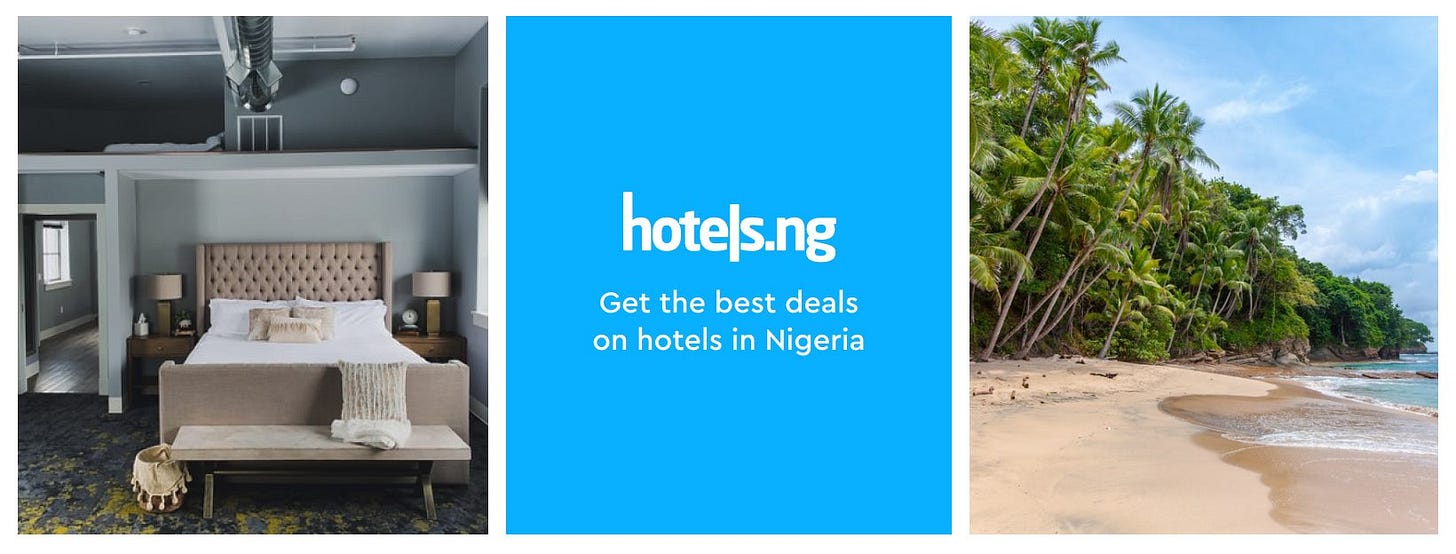
How Hotel.ng idea was born
The idea for Hotels.ng came when Mark noticed a gap in Nigeria’s hospitality sector.
During his time in Europe, booking hotels online was a normal part of travel.
But in Nigeria, hotel bookings were chaotic. Travelers had to rely on recommendations or physically visit hotels to secure accommodation.
He realized that a centralized platform for finding and booking hotels could solve this problem.
To get started, Mark didn’t over complicate things. He created a basic website as a Minimum Viable Product (MVP) to test his idea.
The platform simply listed hotels in Nigeria, showing their names, locations, photos, and prices.
People would send emails or call them, and then they would contact the hotel to finalize the stay for their customers.
Though the manual nature of the concept made it difficult, this MVP was enough to demonstrate the idea and gather feedback.
It wasn’t flashy, but it worked, and it gave Mark his first step toward solving a real-world problem.
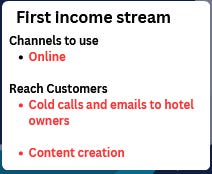
Who are their customers
Hotels.ng had two key customer groups that were struggling to book in advance
- Travelers: These included Nigerian business professionals traveling for work and expatriates visiting the country. Leisure travelers planning vacations or family visits also made up a significant portion of this group.
Their need: They sought a reliable and hassle-free way to book hotels, as the traditional methods were often inconvenient and inefficient.
For hotels:
- Independent Hotels: Small and mid-sized hotels, especially in urban areas like Lagos and Abuja, who struggled with visibility and attracting guests.
Their motivation: They needed a platform that could help them reach more customers and increase their bookings without requiring upfront investments.
Mark Essien focused on building a solution that catered to both groups, ensuring the platform solved real problems for both travelers and hotels.
Customer profile identity (CPI)

First Income: How They Made Money
In order to make money, Hotels.ng used a model that I explained in this article: The 7 Business Stages Model
Commission-based model: charging commissions on bookings.
When a traveler books a hotel through the platform, the hotel pays a percentage of the booking fee to Hotels.ng.
Pay-per-booking model: meant that hotels didn’t have to pay upfront, they only paid when the platform brought them business.
This made it a very attractive deal for hotels, especially since there was no risk involved.
For the owners, it was another channel to get customers and pay only if there were actual customers.
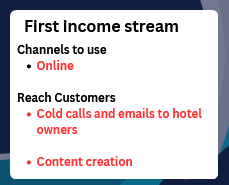
Mark Essien primarily used cold calls, emails, and content creation strategies to reach his first customers. Here’s how:
Cold Calls and Emails
In the early days, Mark personally contacted hotel managers to convince them to join his platform.
- He used emails and phone calls to explain how Hotels.ng could increase their visibility and bookings.
His persistence and hands-on approach helped build trust, in different cities where digital booking was a new concept.
Content Creation
Mark also leveraged content creation to attract travelers to Hotels.ng.
- He built his own Twitter, sharing tweets every day with a unique angle.
He would write about everything that came to his mind, from business, politics, social issues to international geopolitics.
- The team created travel guides and hotel recommendations, answering common questions like where to stay or how to find affordable hotels.
This strategy not only brought traffic to the website but also positioned Hotels.ng as a trusted resource for Nigerian travelers.
These two approaches helped establish Hotels.ng as a reliable platform in Nigeria’s growing hospitality sector.
First investments
Hotels.ng was not profitable, and they needed money to build the booking system for users to book.
This is part of what Mark Essien wrote on his blog, where he explained the first investment journey.
Jason Njoku wrote me a message on Facebook that he was starting an investment company called Spark and that he wanted to invest in Hotels.ng.
Then I returned to Calabar. The next day, they made an offer. A bit of negotiation and in January 2013 Hotels.ng received funds from Spark.
Our initial raise was $75k, of which $25k went to buy a car (to close deals in Lagos).
So we had $50k to deploy people across Nigeria and pay a team of 12 people.
That’s N8 million. At the time, I though that it would be more than enough.
The total value of the bookings that we have done for hotels in Nigeria on our website alone is currently 2.3 million USD.
By the end of the year 2013 we hit $40k in monthly revenue.
At the time, I though that it would be more than enough. But quickly I realized that things were far more expensive than you think they are.
If you have N8mill for 6 months, you have about 1.3m per month.
Salaries will take half that money. Developer will take a big chunk. Data purchase another big chunk. The money will finish very rapidly.So we had to do another raise with Spark, this time $150k.
This is part of his blog where he explains how he built Hotels.ng,
which you can find here
This is the list of investments he received.
- 2013: $75,000 from Spark.ng (seed funding) + another $150,000.
- 2015: $1.2 million from Omidyar Network and EchoVC Partners (Series A funding).
- 2018: Undisclosed amount (Series B funding).
The Growth Phase
Hotels.ng was in a unique position, with unprecedented organic growth.
Mark Essien’s strong social presence had a huge impact, Reaching Nigerians, especially those in the diaspora, to the startup that came to solve a real problem.
It launched at the right time, in the right market, addressing inefficiencies in Nigeria’s hospitality sector.
From this foundation, the expansion into other African countries was worth a try
Launching other products as well
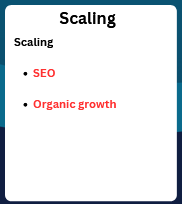
Scaling organically
The investors’ money was used to build a platform that was easy to use from both sides.
Mark had two clever ways to approach both his hotel owners, who were the clients, and the users, who were the company’s customers.
Clients (Hotel owners)
The deal he proposed to the clients was:
- Pay-per-booking model: This meant that hotels didn’t have to pay upfront; they only paid when the platform brought them business.
This made it a very attractive deal for hotels, especially since there was no risk involved. For hotels, it was another channel to get customers and pay only if there were actually booked rooms.
Customers (End Users)
The way he attracted many customers was through strategies to appear at the top of search engines.
- The SEO work ensures the platform ranks highly on Google, driving both clients (hotel owners) and customers (end users) to the service.
- Keywords related to hotel bookings, accommodations, and travel are strategically used to appear in search results, making it easy for potential clients and customers to find the platform online.
The startup, being the first to solve the problem, experienced growth as organically as it could be.
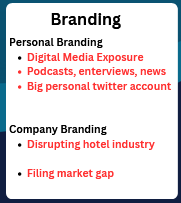
Hotel.ng brand
Hotels.ng is known by the majority of travelers to Nigeria and within Nigeria. That is brand positioning. Now, how did this startup reach that level of awareness?
Organic Growth
- Disruption in the accommodation industry: Mark identified the market gap and the timing to disrupt, and he jumped on building the company.
This gave the startup the advantage of being the disruptor, and the organic demand was overwhelming.

Mark Essien Personal Brand
- Mark has been covered in many magazines, podcasts, news outlets, and has experienced an overall media exposion.
- He built his Twitter to 180k followers, where he shares everything from the startup world to political and social issues.
He often shares provocative thoughts that make his tweets highly commented on and shared, which helps his growth.
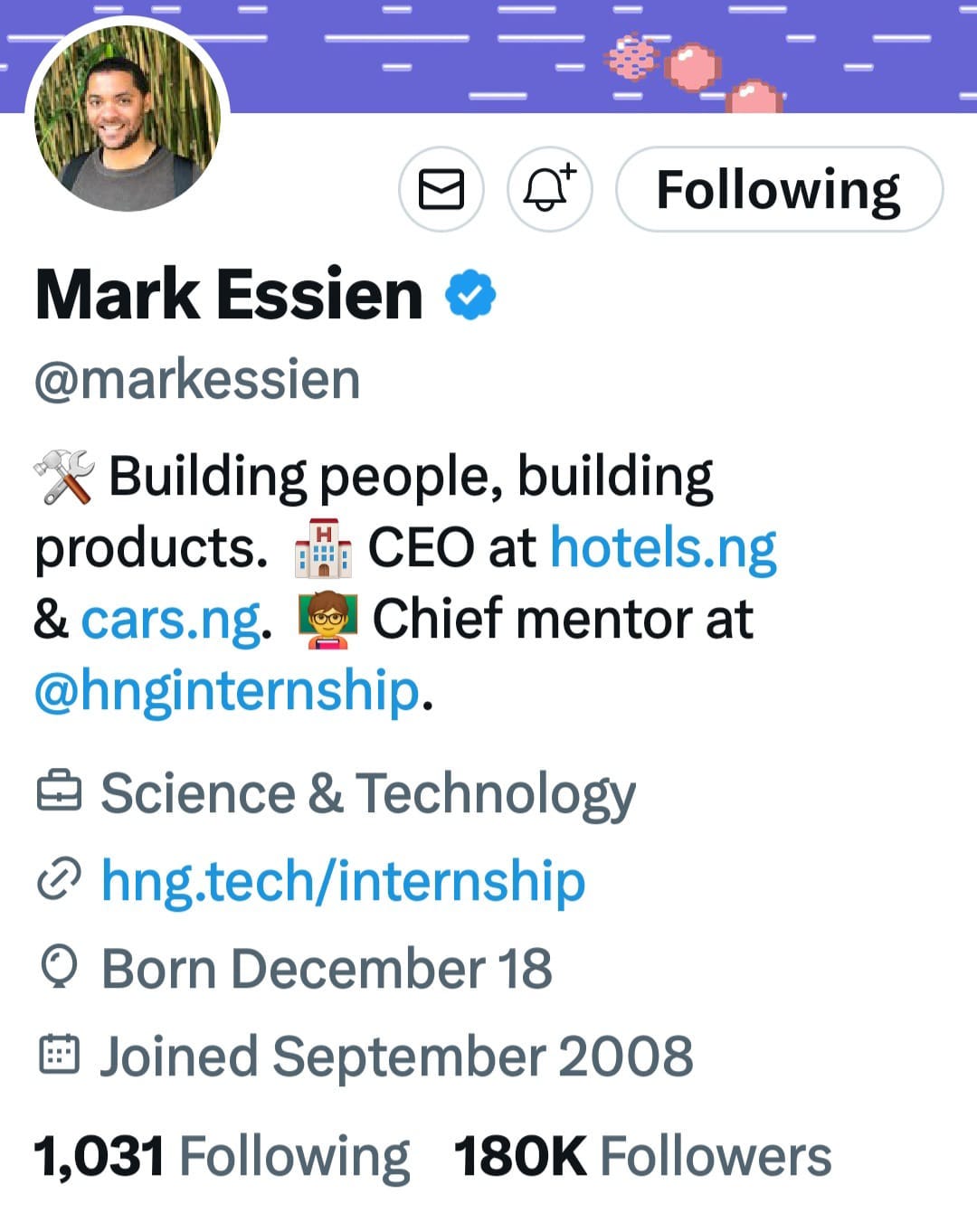
Expansion
Mark wanted to expand the concept to other African countries, but because Hotels.ng was Nigeria-oriented, he needed to create another app that could be used by all Africans.
- He launched Hotel. Africa and Fly. Africa, but by January 2025, neither of them is active.
I can conclude that they did not work, as there were huge competitors like Tripadvisor.
- In 2023, he launched Cars.ng, which is still active and gaining good traction. Obviously, it’s less than 2 years old and is in its building phase.

Estimate revenue growth
The startup is a private company, which means they don’t share their balance sheet.
Most of the information I have is estimated data that I found through my research.

That is all for today, thanks for reading down to this level
If you love it don’t forget to share it with your friends and families
Thanks and happy week!

